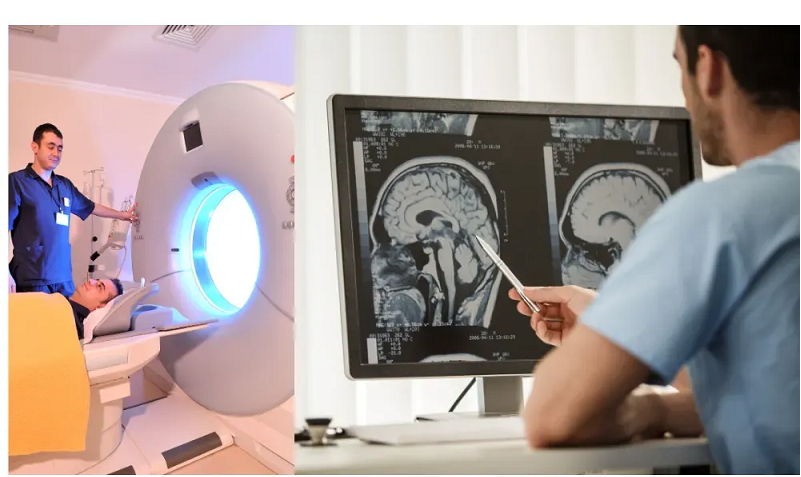
A term like brain cancer tempe is a term that carries weight. It signifies a tough battle fought in the arid expanse of Arizona. Yet, this struggle is not alone. In countless rural, underserved areas, oncologists wrestle with numerous challenges. Limited resources, isolation, and a lack of support systems are just the tip of the iceberg. This blog seeks to shine a light on these issues. Our aim is for understanding to spark action. And ultimately, overcome these barriers for better patient outcomes.
Key Challenges
Oncologists in rural areas face a unique set of challenges. They often lack the same resources and support systems found in larger, urban hospitals. They must fight creative battles with limited tools.
- Limited Resources: Rural hospitals often have fewer resources than their urban counterparts, making advanced treatments and testing harder to access.
- Isolation: Being far from major medical centers can make collaboration and consultation with other specialists challenging.
- Lack of Support Systems: Rural areas often lack the secondary services (like counseling or support groups) that are crucial for cancer patients.
Comparison Table
The table below highlights the discrepancies between urban and rural areas in terms of resources and support systems available for oncologists.
| URBAN HOSPITALS | RURAL HOSPITALS | |
| Resources | High | Low |
| Support Systems | Many | Few |
Overcoming the Challenges
Addressing these disparities is no small task. It requires a concerted effort from all stakeholders.
- Telemedicine: Technology can help bridge the gap. Telemedicine allows rural oncologists to consult with their urban counterparts, access resources, and even provide virtual patient care.
- Government Support: Increased funding and legislative support can ensure rural hospitals have the necessary resources.
- Community Initiatives: Support groups and counseling services can be established at a community level.
By understanding and addressing these challenges, we can take steps towards equitable cancer care regardless of geographical location.
More information on the challenges faced by rural oncologists can be found at the National Institutes of Health.
